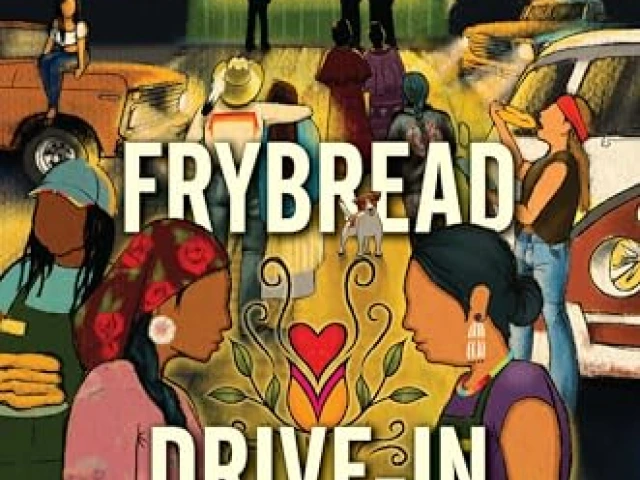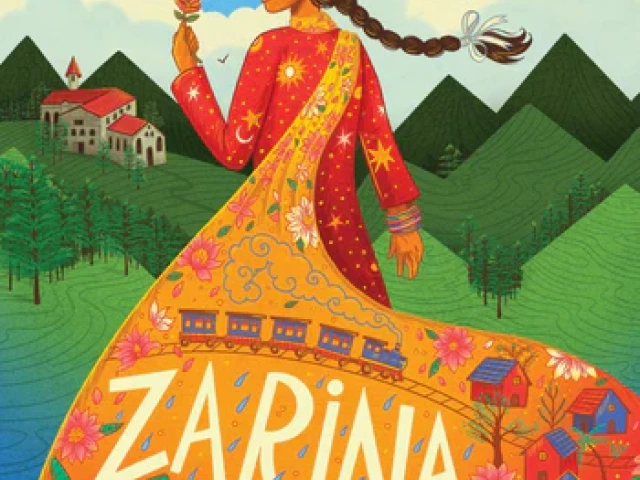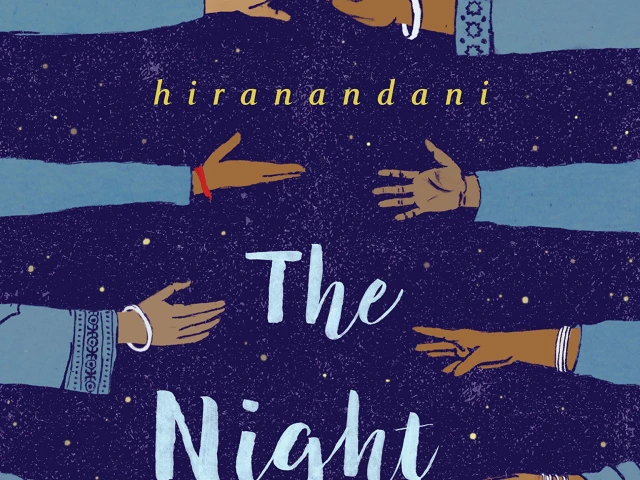February—And more awards go to . . .
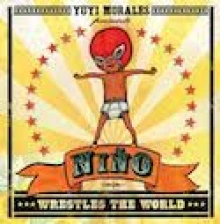
This week I explore some of the less popular, but not less important awards, the American Library Association gave out in January. First I’ll discuss the Geisel Award. Created in 2006, the award honors the best book, written in English, for beginning readers. Past recipients of this award reflect the best that is early reading: Ethan Long, Josh Schneider, Kate DiCamillo, Alison McGhee, Geoffrey Hayes, Mo Willems, Laura McGee Kvasnosky and Cynthia Rylant. If you don’t know their names, you know their characters: Henry and Mudge, Bink and Golly, Mercy Watson, Zelda and Ivy, Piggie and Elephant just to name a few.
These books are real books, not the controlled vocabulary readers so popular in today’s guided reading programs. They contain characters who are well developed, plot lines that take the reader on real journeys and language which may at times stretch the reader, but always with visual support.
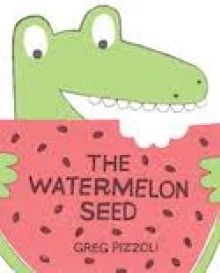
This year’s award winner is The Watermelon Seed by Greg Pizzoli. Who among us has not worried as a child about what happens when you swallow a watermelon seed? In this tale, Crocodile loves watermelon. When he accidently swallows a seed, he begins to worry about the consequences of that action. Told in straight forward language, using a simple green, pink, black and white color palette (can you think of something else that’s those colors?), we are taken on a journey through his paranoia. Will he grow into a watermelon? Will he be made into fruit salad? The reader will have to read to find out.
Honor books in this category were Ball by Mary Sullivan, Penny and her Marble by Kevin Henkes, and A Big Guy Took My Ball! by Mo Willems. Ball is reminiscent of A Ball for Daisy in the way that dogs love their balls. In this book, we have a puppy who loves to play ball with his girl. However when his girl goes school what’s a puppy to do? Lots!
In Penny and her Marble Penny has a dilemma. She has found a marble in Mrs. Goodwin’s yard. It’s a pretty blue marble and it seems to be saying “Take me home.” So she does. Then when she gets home she sees Mrs. Goodwin standing in the exact place where the marble had been! Did she steal it!?! What’s a girl to do. Kevin Henkes’ straight forward text supports the young reader while delving into ethical issues real to that age group. If you enjoy this Penny saga, there are two others available for young readers.
A Big Guy Took My Ball! by Mo Willems explores relative size. Gerald (the elephant) and Piggie are in a fix. Piggie has found a big ball, but an even bigger guy has taken it from him. Gerald suggests that as an elephant he is big, and can get the ball back. Gerald discovers size is relative when he encounters a blue whale with a little ball. What happens next proves that the grass is always greener on the other side, and balls can make friends of anyone. Gerald and Piggie star in eighteen other books by Mo Willems.
According to the American Library Association’s website the Pura Belpré Award is given to “is presented annually to a Latino/Latina writer and illustrator whose work best portrays, affirms, and celebrates the Latino cultural experience in an outstanding work of literature for children and youth.” I would like to highlight the book chosen for illustration this year as it introduces readers to an important, and very popular part of Latin American culture—the Lucha Libre. Luch Libre’s is a professional wrestling style of entertainment. Wrestlers create characters, who wear masks and costumes. Unmasking one’s opponent is a clear sign of dominance. In Niño: Wrestles the World Yuyi Morales create Niño who takes all comers: La Momia de Guanjuanto, Cadeza Olmeca, La Llarona El Chamuco and El Extraterrestere. He is able to vanquish all with his use of tickles, marbles, puzzles, dolls and popsicles. It is only when his sisters awaken from their naps that he is thwarted. What will happen to El Niño? Morales’ illustrations suggest the action packed world of professional wrestling and harken back to this writer’s memory of the Batman television series with the comic book bubbles with WOW and WAP sprinkled throughout the text.
According to the ALA’s website the Coretta Scott King awards “are given annually to outstanding African American authors and illustrators of books for children and young adults that demonstrate an appreciation of African American culture and universal human values.” This year’s winner for writing is P. S. Be Eleven by Rita Garcia Williams. The sequel to One Crazy Summer, this novel takes up where the first left off. We find the girls, Delphine, Vonette and Fern, returning to New York after spending a month in Oakland CA with their mother. While they were gone, things have changed, and their father has met a woman whom he is to marry. Along with that change comes the return of their uncle from Vietnam and the much anticipated arrival in New York City of the Jackson 5. While not as political as One Crazy Summer, P.S. Be Eleven takes the reader on a coming of age story in 1968, a year which brought tremendous change to our country and the lives of many African Americans. Delphine struggles to accept the role of a new stepmother, the return of an emotionally changed uncle, the surprise of a new teacher and the new friendships developed as she grows from eleven to twelve.
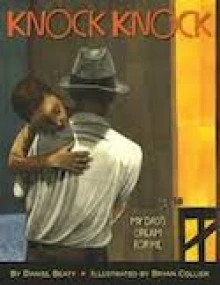
Knock Knock: My Dad’s Dream for Me written by Daniel Beaty and illustrated by Brian Collier is the Coretta Scott King Award winner for illustration. In beautiful collage we have come to expect from Brian Collier, we are brought into a world where a young boy waits for his father’s knock every morning to wake him. Then one morning the knock doesn’t come. We are taken on a journey of what it means to him not to have his father knock on the door. He writes to his father and gets a response telling him to have his mother make the eggs, and to remember to do his homework among other things. The letter ends with asking that he remember he has a bright future and that even though the father is not there, the son is. In the author’s note, Beaty says that as a small child his father was incarcerated. Visiting his father in prison was a traumatic experience for him and he was not allowed to visit again for many years. As an educator of young children he realized his experience was the same as many of his children’s. He wrote this book to help children realize that even if their father was not with them for whatever reason (the text doesn’t say why the father is gone) that they are still there and that they can still create their own lives.
Journey through Worlds of Words during our open reading hours: Monday-Friday, 9 a.m. to 5 p.m. and Saturday, 9 a.m. to 1 p.m. To view our complete offerings of WOW Currents, please visit archival stream.

